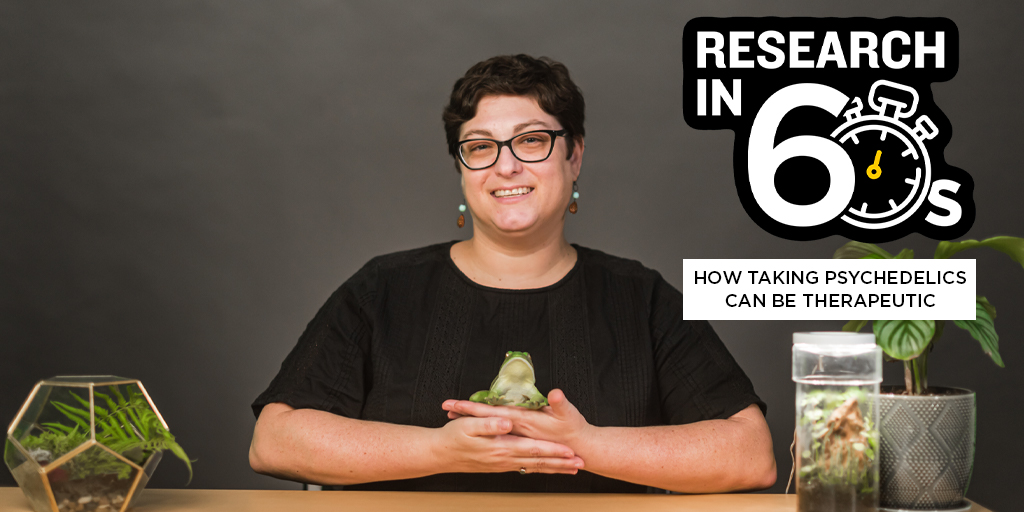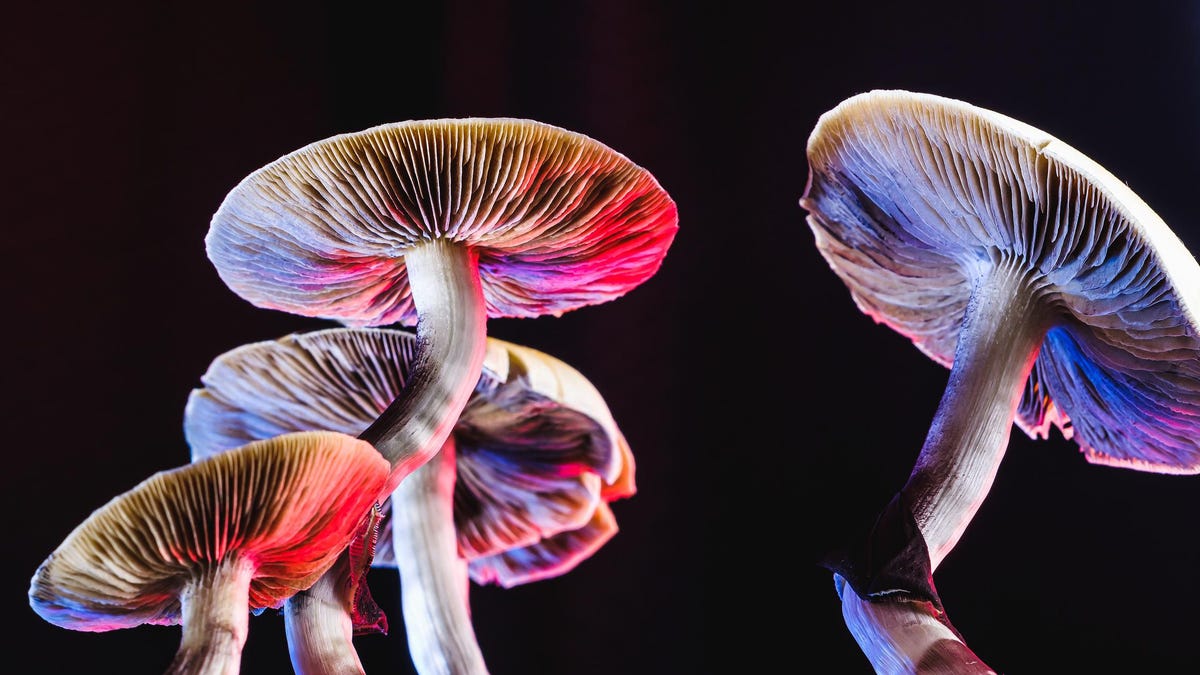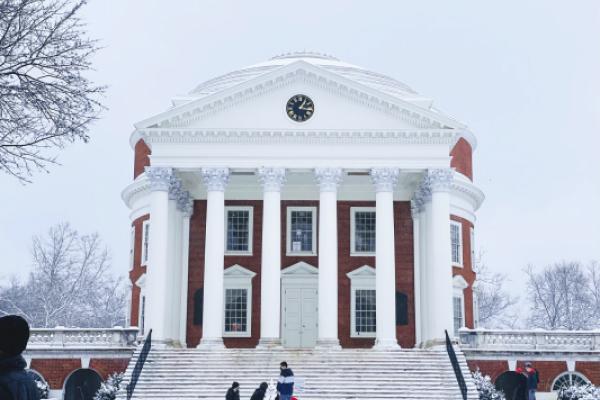Lexston Life Sciences has been in the cannabis research industry for nearly a decade.
Continue readingPsygen Receives Dealer’s Licence To Become Canada’s First Dedicated Psychedelics Manufacturing Facility
Psygen Labs, a privately held active pharmaceutical ingredient manufacturer based in Calgary, Alberta, has been issued a dealer’s licence by Health Canada.
Continue readingResearch in 60 Seconds: How Taking Psychedelics Can Be Therapeutic | University of Central Florida News
Research in 60 Seconds: How Taking Psychedelics Can Be Therapeutic | Read more about UCF Arts & Culture, Colleges & Campus, Medicine, Research, Orlando and Central Florida news.
Continue readingRevitalist CEO Kathryn Walker Says 2022 Will Be A Year For Execution In Psychedelics
Revitalist CEO Kathryn Walker on ideas for rapid expansion, continuing with the opening of several new clinics in strategic locations.
Continue readingEntheon Biomedical Subsidiary, HaluGen Life Sciences, Announces Agreement with Psychedelics Today
Expanding brand awareness and access to HaluGen’s Psychedelics Genetic Test Kit Vancouver, British Columbia–(Newsfile Corp. – January 18, 2022) – Entheon Biomedical Corp. (CSE: ENBI) (OTCQB: ENTBF) (FSE: 1XU1) (“Entheon” or the “Company”), a biomedical company focused on the research and development of psychedelic drugs and leading-edge biomarkers to provide personalized treatment of addiction disorders, has announced an agreement with Psychedelics Today, LLC (“Psychedelics Today”) to help dri
Continue readingStudy Finds 65% Of Americans With Mental Health Conditions Want Access To Psychedelics
Respondents said that if plant medicines were “proven more effective than prescription medication with fewer side effects,” 66% would try ketamine, 62% would try psilocybin, and 56% would try MDMA.
Continue readingMicrodose Psychedelic Insights to Host Psychedelic Capital: January 2022 Conference, Featuring Heroic Hearts Project, Entheo Digital, PurMinds NeuroPharma, Public Vs Private Markets and 2022 Predictions
Toronto, Ontario–(Newsfile Corp. – January 18, 2022) – Microdose Psychedelic Insights, the leading guide to the business of psychedelics will be hosting the upcoming Psychedelic Capital: January 2022 Conference in an entirely virtual format on January 27th, 2022 starting at 1:30pm EST. The virtual event will provide attendees with access to some of the top companies, latest IPOs, newest opportunities and deepest industry insights within the psychedelics sector.As part of a bi-monthly investor c
Continue readingVirginia Lawmakers Propose Decriminalizing Psilocybin And Other Psychedelics | Benzinga
Virginia lawmakers, Del. Dawn Adams (D), and Sen. Ghazala Hashmi (D) along with Sen. Jennifer Boysko (D)
Continue readingMicrodose Psychedelic Insights to Host Psychedelic Capital: January 2022 Conference, Featuring Heroic Hearts Project, Entheo Digital, Public vs Private Markets and 2022 Predictions
NEW YORK, Jan. 18, 2022 (GLOBE NEWSWIRE) — via InvestorWire — Microdose Psychedelic Insights, the leading guide to the business of psychedelics will be…
Continue reading







